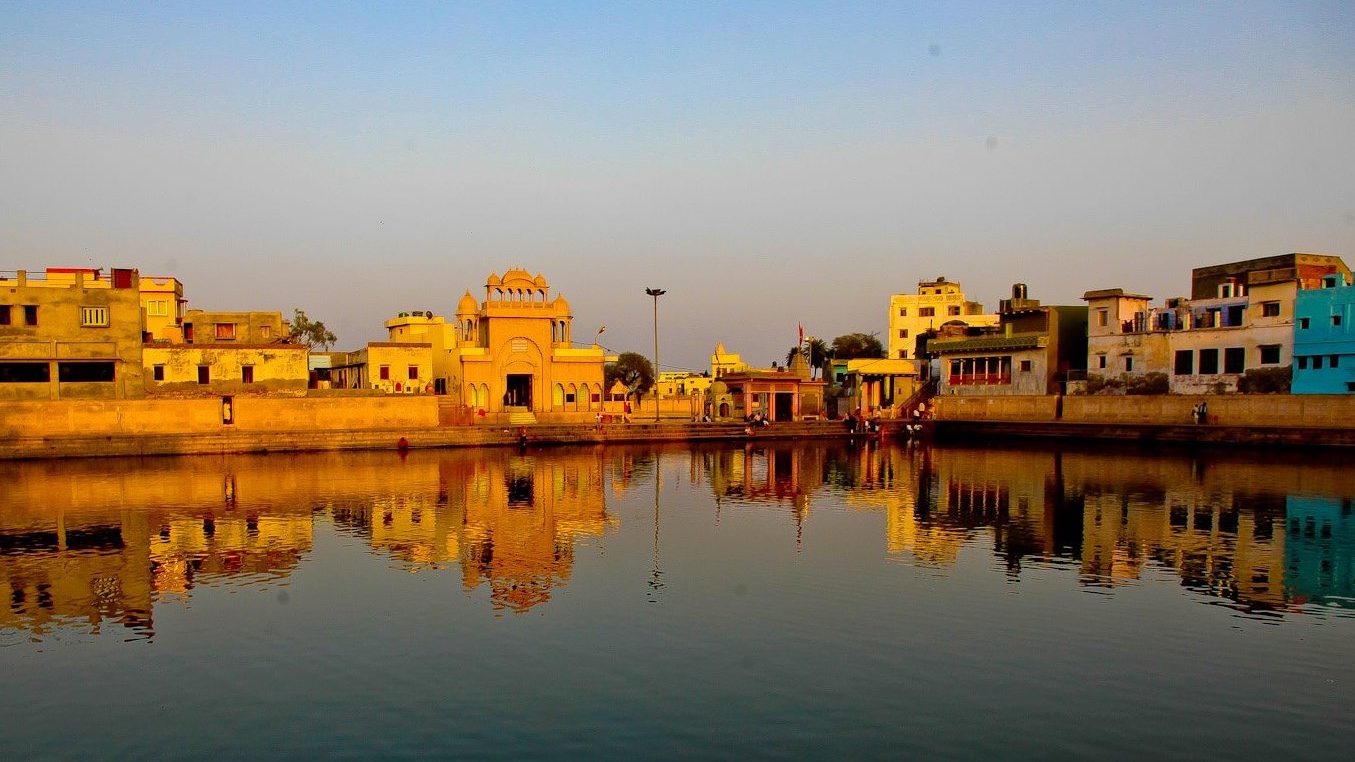
The universe came into being as energy. Physicists and philosophers, theologians and mystics agree. The creator’s energy and the creation are one. Creation takes the form of energy. But what does it mean to create?
Creation does not mean the simple replacement of nothing by something. Such a creation would be empty and cold, without life, movement or feeling. The universe would be desert before creation, deserted after creation.
This is because the creation of life does not mean the creation of things that live. It means the creation of the energy that causes life to live. A universe full of things without life is no different than a universe with no things at all.
Continue reading





